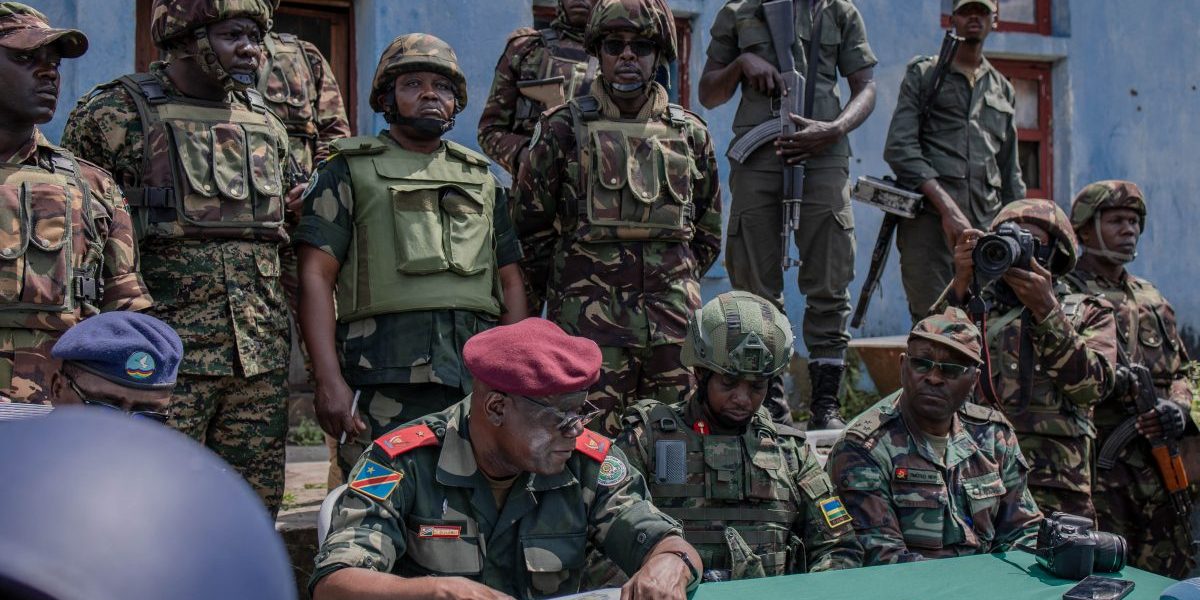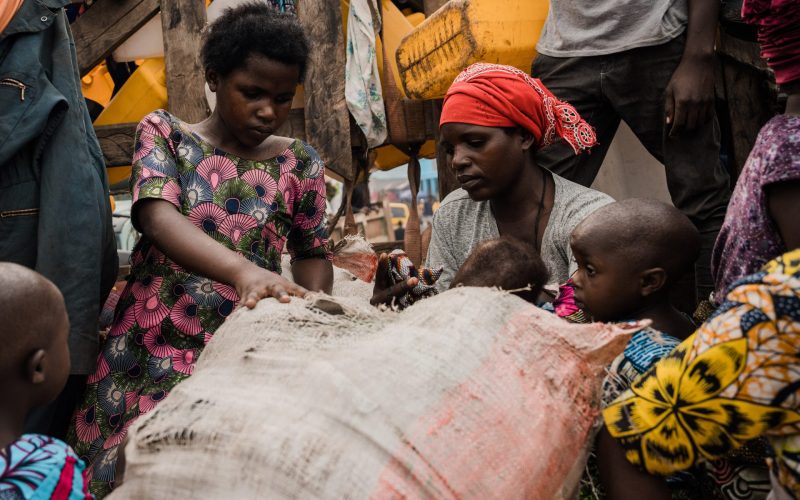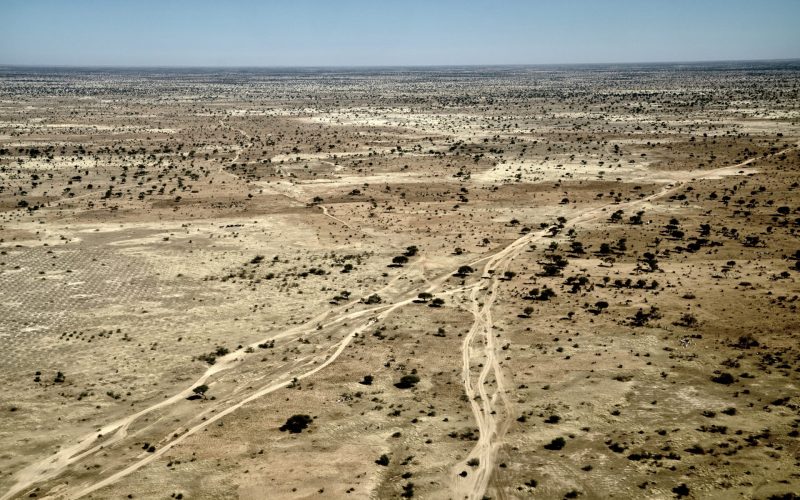Summary:
- The resurgence in late 2021 of the M23 rebel movement has plunged the volatile region of the eastern Democratic Republic of Congo (DRC) into heightened levels of turmoil, displacing an additional 600 000 people in 18 months.
- Tensions between the DRC and Rwanda, which is supporting the M23, are at an all-time high.
- Regional efforts by Luanda to reconcile the two countries have failed so far. The East African Community has deployed a regional military force, but its composition is problematic and it is already facing domestic opposition.
- Meanwhile, the region is putting political pressure on DRC President Felix Tshisekedi to negotiate directly with the M23, a difficult prospect given intense domestic hostility to this idea. Tshisekedi has rejected this option, instead canvassing international and regional actors in the hopes that they will take punitive action against Rwanda for its support of the M23.
- The EU, France, the US, Germany and Belgium have issued demands that Rwanda stop supporting the rebel group, but without taking direct action.
- Despite several regional initiatives, the crisis is becoming entrenched, with ever-greater humanitarian consequences and the prospect of long-term tensions in the region.
- This paper analyses the different initiatives currently underway and makes recommendations for coordinated action to bring long-term, sustainable peace to the Great Lakes region.








